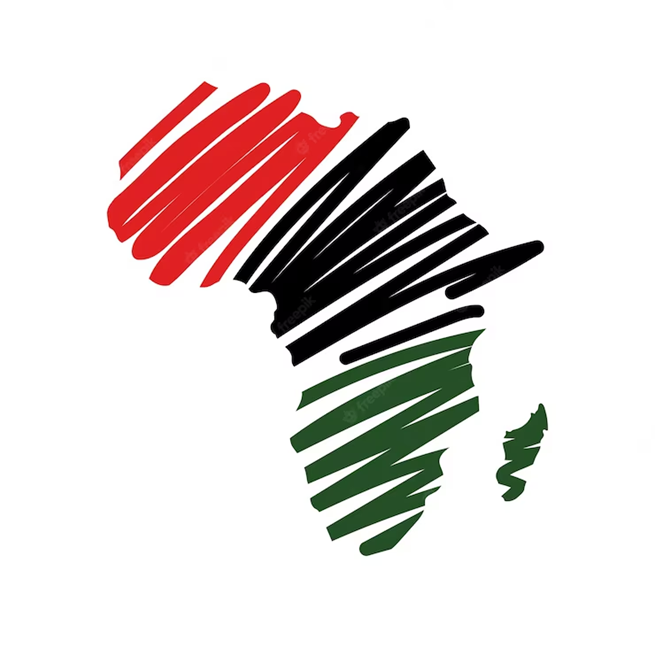Hybrid Maritime Security Governance and Limited Statehood in the Gulf of Guinea: A Nigerian Case Study
Abstract
This article attempts to expand the scope of inquiry into “the market for force” as an important area of study in international relations by focusing on the privatization of aspects of maritime security governance in the Gulf of Guinea (GoG) in West Africa and sets out to fill a persistent gap in the study of the privatization of maritime security as part of the normative shift in the global political economy that permits non-state actors to play prominent roles in security provision, particularly in the Gulf of Guinea (GoG) in West Africa. Extant studies erroneously attribute the persistence and escalation of piracy incidents in the subregion to corruption, weak law enforcement, and grievances over high levels of poverty and unsustainable livelihoods that push coastal community members towards maritime criminality. While providing invaluable insights into contemporary piracy and the justification for a hybrid maritime security governance strategy and the transformations in international maritime law, these studies merely analyze the symptoms, rather than a theorization of the paradox that piracy and other maritime crime incidents have escalated at the same time that many GoG states have substantially modernized and, in principle, improved the anti-piracy capacity of national navies.



